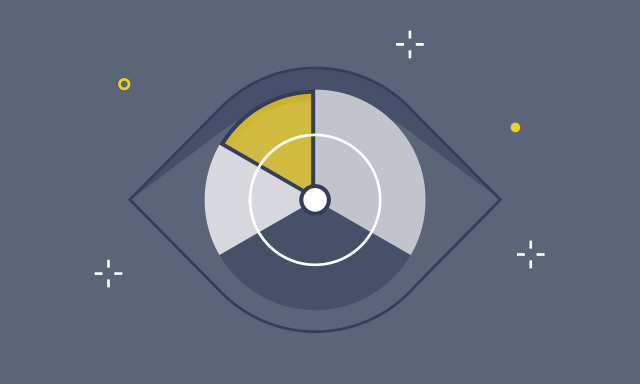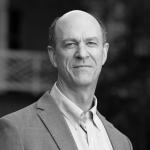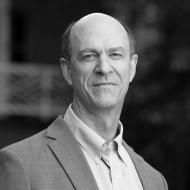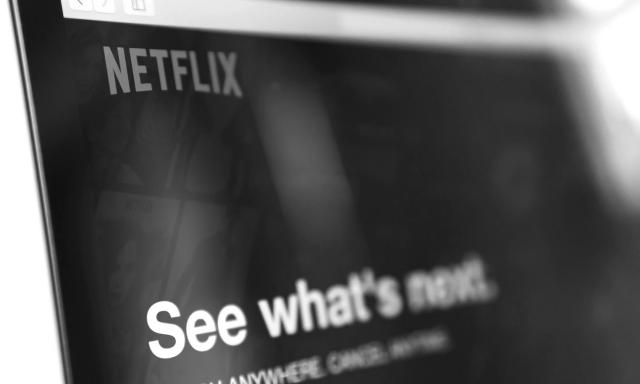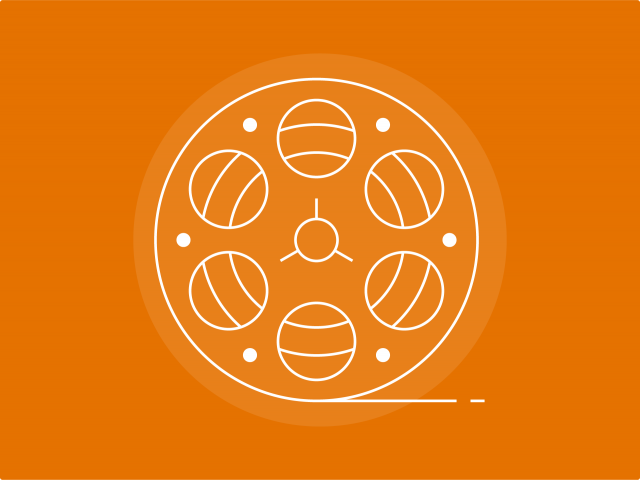
Unethical Moves From MoviePass
At its outset, startup company MoviePass appeared to be a gift from the movie gods. The ability to see unlimited movies in the theater for a fixed (and quite reasonable) monthly fee was a film-going consumer’s dream.
However, after several changes to its business model related to its service and fees (some more transparent than others), and a recent decision to automatically restore the subscriptions of customers who had previously opted out of the service, MoviePass has been under fire.
Suffice to say, things aren’t as pleasant in “Pleasantville.” To get a better grip on the situation, UVA Today caught up with Andrew Wicks, a professor at the University of Virginia’s Darden School of Business and an expert in organizational ethics.
Q: In an interview with Business Insider last week, you said the email that former MoviePass members recently received about their membership being automatically restored unless they opted out was “inappropriate and potentially bordering on bullying the customer.” Why do you believe this?
A: Because this was not simply continuing with a relationship the customer knew about and consented to; this was after the customer had explicitly opted out and said they no longer wanted the service. That is a major difference. The customer said “no” — and asked to discontinue the relationship.
Writing an email to them, after the fact, and saying, “We are going to sign you up for more of our service and charge you for it” — even after you said no, is completely disregarding the expressed wishes of the customer and basically selling them something they already said they didn’t want.
They said “no” — and unless and until they say “yes,” you need to respect that. No means no.
Wells Fargo did something similar, though far less aggressive, when they opened additional accounts for customers without telling them.
Q: Are there any ethical ramifications for so many of these businesses — Netflix, Hulu, etc. — that are automatically renewing subscriptions even if they know the consumer isn’t using their service? Is the playing field, to a certain extent, stacked against consumers because the onus is on them to cancel?
A: There is a difference between a lazy customer who neglects to opt out and a customer who takes the time and effort to end their service.
I don’t think there is a lot to say for the first customer, other than they are wasting their money — but that is their choice. It is not the responsibility of the company to only charge them for when they use the service, unless that was part of the original agreement.
I would say that customers do have responsibilities, and they do need to take steps to fulfill those responsibilities — yet there also need to be reasonable levels of responsibility. Some processes that companies create for customers to opt out or end their service are quite involved, onerous and time-consuming. That is problematic and asking too much of the customer.
Q: Long term, do you think MoviePass is sustainable?
A: If this is how they are running their business, I would have to assume they are in big trouble and pretty desperate. I can’t imagine a company like this continuing to do well when they treat their customers so badly.
This article originally appeared on UVA Today.



